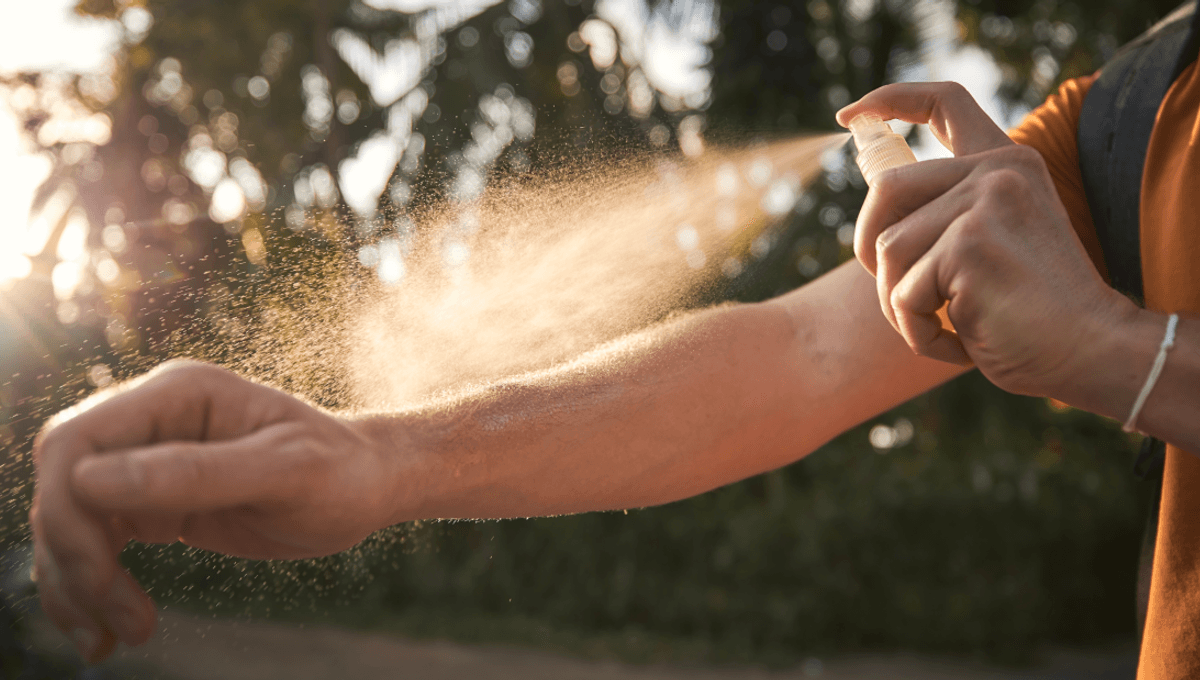
Humans have being waging war against mosquitoes for as long as they’ve been feeding on us, from the humble – but highly fatal – slap, to the creation of mosquito repellent sprays, nets, and noises. Now, a new long-lasting mosquito repellent is borrowing bacteria from human skin to create a genetically engineered assault on the world’s most deadly animal.
If you’ve ever squashed a mosquito it might be hard to see them as all that dangerous, but their deadly accolade rests on the fact that they kill more people than any other creature. Malaria, dengue, West Nile, yellow fever, Zika, chikungunya – the list of mosquito-borne illnesses goes on, so how can we keep them at a safe distance?
Enter a novel mosquito repellent that has looked to human skin for the answers. Staphylococcus epidermidis and Corynebacterium amycolatum are two microbes that are common on our skin, and they produce a type of lactic acid that’s like catnip to mosquitoes.
A team of scientists decided to test if they could lessen the appeal of human skin by engineering bacteria so that they don’t produce that delicious lactic acid. The first test didn’t involve any other animals and demonstrated that the mosquitoes were less attracted to engineered microbes compared to the kind you find on our skin. This drop in attractiveness for edited S. epidermidis ranged from around 22 to 55 percent depending on the mosquito species, which included Culex quinquefasciatus, Aedes aegypti, and Anopheles gambiae.
A second experimental design looked at how wildtype versus engineered S. epidermidis bacteria influence the attractiveness of mice to mosquitoes. In the wildtype control, the mosquitoes flocked to the mice as normal, and in the engineered control, there was a drop off in attraction by 64.4 percent. Similar results were seen in further trials looking at edited versions of C. amycolatum.
The mosquito repellent effects did take three days to kick in, but once it began working, the effect lasted for 11 days. Such a long-lasting treatment could be a game changer for people living in areas where they are constantly exposed to potentially disease-carrying mosquitoes, and if effective, could strip these insects of their “world’s deadliest” title.
The repellent has yet to be tested on humans, but if it makes it through future trials it could become a remarkable and mind-boggling approach to mosquito repellent. After all, how often do you get to say your skincare is made up of an army of miniature GMO bacterial soldiers? And while we’re waiting, there’s always coconut soap.
The study is published in PNAS Nexus.
Source Link: Could We Topple The Planet’s Deadliest Animal With Engineered Human Skin Microbes?